Hello from London 🇬🇧 I'm Shaz Muradova, Olivine's Product Marketing Consultant based in the UK. My favourite thing in the world is being involved in a launch (of any shape or form), so throughout my career, I've naturally gravitated towards startups and launch-prone industries.
As the season’s first frosty temperatures settle in here, I'm switching up my maximise-the-outdoors, cycle-everywhere routine for cosier pursuits like experimenting with new recipes (results vary), tackling a 3000-piece puzzle (halfway there) and returning to paperback reading (current nod-off point: page two).
In this newsletter, I’m diving into a truly undervalued trait that every successful PMM has (even if they might not realise it) — and it’s something you can’t easily quantify as a KPI.
In the world of product marketing, technical skills, data-driven insights, and strategic thinking are often celebrated — and rightly so. However, one essential skill is sometimes left out of the spotlight: empathy. For Product Marketers, empathy isn’t just a “nice-to-have” — it’s a superpower that can transform how we understand customers, align cross-functional teams, and ultimately, could sway the success rate of your product launch. At its core, empathy is the ability to put yourself in someone else’s shoes and genuinely understand their needs, frustrations, and desires. Let’s have a look at why empathy matters so much in product marketing and where it can make a real difference.
1. Truly understanding your customers
Let’s start with the most obvious place: understanding your customers. Sure, you can build customer personas with demographic data and research, but empathy brings it to life. When you’re genuinely curious about what your customers are going through — their challenges, their needs, and what they’re really trying to accomplish — you start to see things differently.
Listening closely to customer calls, reading between the lines in feedback, and thinking about the “why” behind their behaviours helps you build messaging that isn’t just on target but truly resonates. And it goes beyond messaging; empathy helps you make strategic product decisions because you’re no longer guessing what matters to them. Instead, you’re making educated decisions rooted in an understanding of their world.
2. Navigating Conflicting Priorities
As a PMM, you’re not only juggling your own priorities but balancing the needs of multiple teams: product, sales, customer success, and leadership. Each team has its own goals, and sometimes those goals don’t perfectly align. This is where empathy can make a massive difference.
When you take the time to understand each team’s pressures — whether it’s product focusing on feature delivery timelines or sales needing clearer positioning to hit their quotas — you can approach conflicts with a genuine desire to find common ground and the right solution. Empathy enables you to acknowledge each team’s perspective and find ways to bridge those gaps. When teams feel heard, they’re more likely to support the overall strategy, making your job much easier and creating a more cohesive, aligned organisation.
3. Stepping into the sales team’s shoes
A strong relationship with the sales team can make or break a product’s success. But if you’ve worked with sales, you know that their world is fast-paced, highly goal-driven, and often under intense pressure. To truly support them, it’s crucial to understand what they deal with daily — from prospect objections to tight deadlines.
When you have empathy for their experience, you can create resources and training that actually help them rather than overwhelm them. This might mean providing concise, easy-to-digest collateral, hosting regular Q&A sessions to understand their needs, or even joining sales calls to hear firsthand what they’re up against. Empathy helps you craft tools that aren’t just well-made but truly valuable, and it positions you as a partner who gets what they’re up against and is there to help.
4. Fostering effective collaboration across teams
Product marketing lives at the intersection of so many teams — product, engineering, customer success, and more. Serving as a connector is a natural part of the role, but effective collaboration doesn’t happen automatically. It requires trust, open communication, and, yes, empathy.
Take the time to listen to each team’s perspective on what they’re working on and how it impacts the customer experience. Engineers, for example, may want more context on how a feature impacts users, while customer success might need insight into what’s coming in the roadmap to better support customers. Empathy helps you act as the bridge between these teams, giving them visibility into each other’s work and showing them how they each contribute to the bigger picture. When people feel connected and aligned, collaboration happens naturally — and the end product is better for it.
5. Communicating with leadership
Finally, empathy plays a key role when you’re engaging with executive leadership. Presenting to leadership isn’t just about sharing data; it’s about knowing what they care about most. Executives are often juggling high-level priorities and need information that cuts to the chase. By putting yourself in their shoes, you can tailor your insights to show them what they need to know — without drowning them in unnecessary details.
This empathy-driven approach builds trust and makes your voice as a PMM stronger and more impactful within the organization. You become a trusted advisor who understands the pressures they face and supports their decision-making with concise, actionable insights.
Empathy as a competitive advantage
In a world where metrics and data often dominate the conversation, empathy gives PMMs an edge. It deepens your connection to customers, helps you bridge internal divides, empowers your sales team, and strengthens collaboration. Empathy isn’t just about being nice or understanding people’s feelings; it’s a strategic tool that helps you make smarter decisions, deliver more impactful messaging, launch better products, and align your company around shared goals.
Top LinkedIn Post
I love this post so much because if done right, the initial listening tour can set you up for much stronger success within the team, have stronger relationships and gravitas, and help you navigate all the cross-team challenges when the time comes.
Fresh Finds
Tool I love: Grammarly, such an obvious helper to invest in. As a person that is always trying to finish off that bloody email before the next interruption or brain pivot, Grammarly’s corrections and suggestions are just invaluable in keeping your sanity intact and checklist clear.
Shallow dive: Advertising has been my all-time favourite university subject (mostly because we watched endless amounts of ad content instead of reading heavy books), so I always keep an eye on any new emerging tech in ad space, or just something fun and eye-catching, like bagvertising. Virtual Replacement Technology is not very new, but it broadens the horizons of how events can attract a wider range of audiences and brands that want to collaborate with them.
Deep dive: My go-to podcasts are The Futur with Chris Do (you can find a variety of interesting topics, including marketing, entrepreneurship, and making moneeey), and What Now? With Trevor Noah (anything from travelling, Olympics, sports, politics to banter with friends)
Inside Olivine
Content gems
Do you really know who you’re selling to? How to build personas and why it matters
4 Steps to Building an Effective Product Marketing & Sales Relationship
Client happenings
Darktrace has been recognized by KuppingerCole Analysts AG as an Overall, Product, Market, and Innovation Leader in the 2024 Leadership Compass for Network Detection and Response (NDR).
Yurts CEO Ben Van Roo shares insights on ensuring companies invest in the right AI platform without overspending.
Benefex surveyed over 2,000 employers and employees across four continents to uncover the top 10 benefits global employees value most. 🌍
Job openings
12twenty is hiring a Product Marketing Manager
ServiceNow is hiring a Product Marketing Manager
AllTrails is hiring a Product Marketing Manager

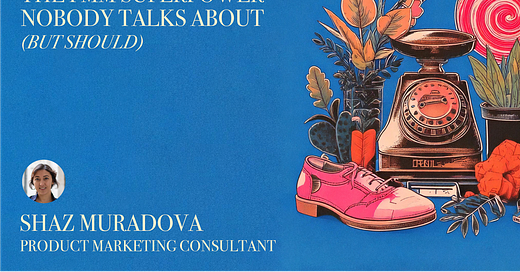



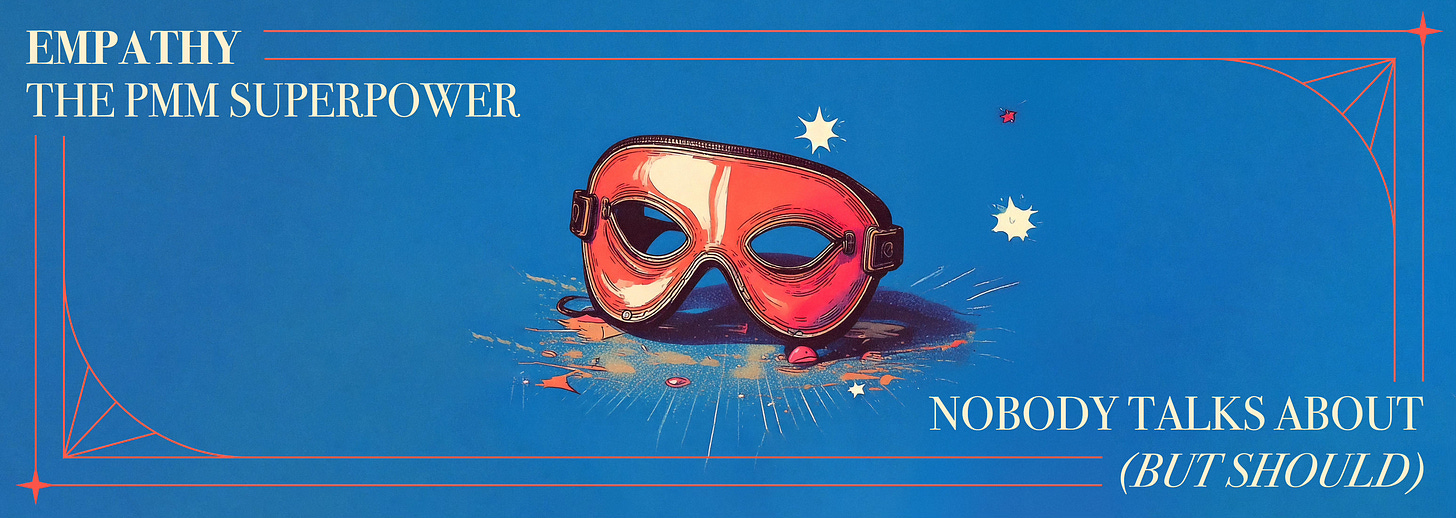
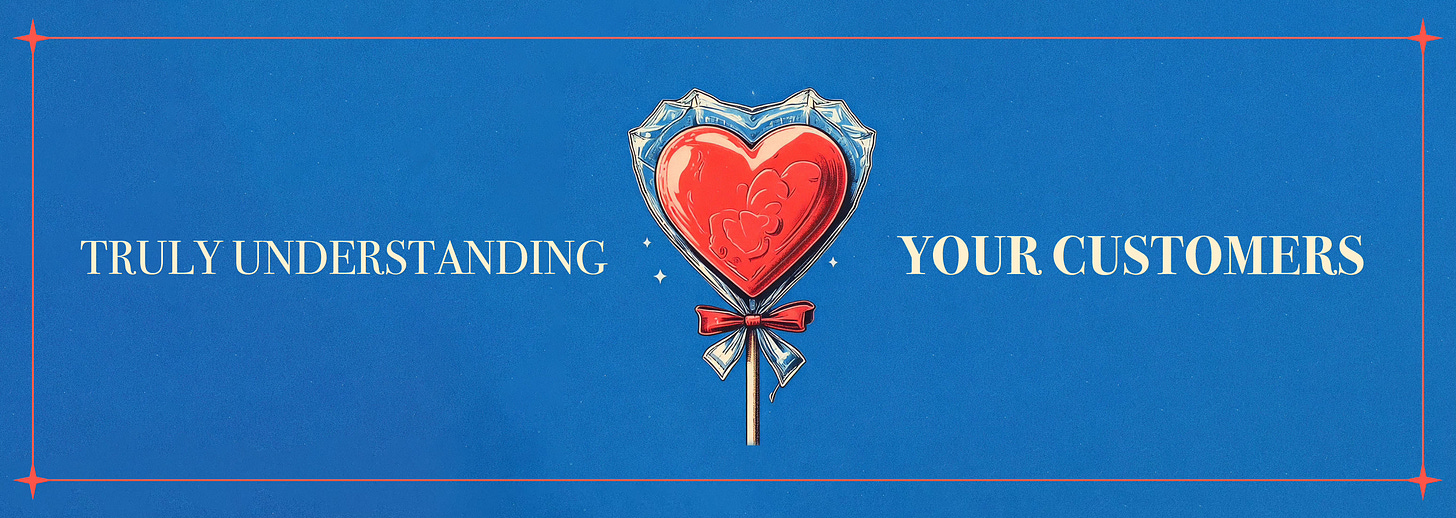
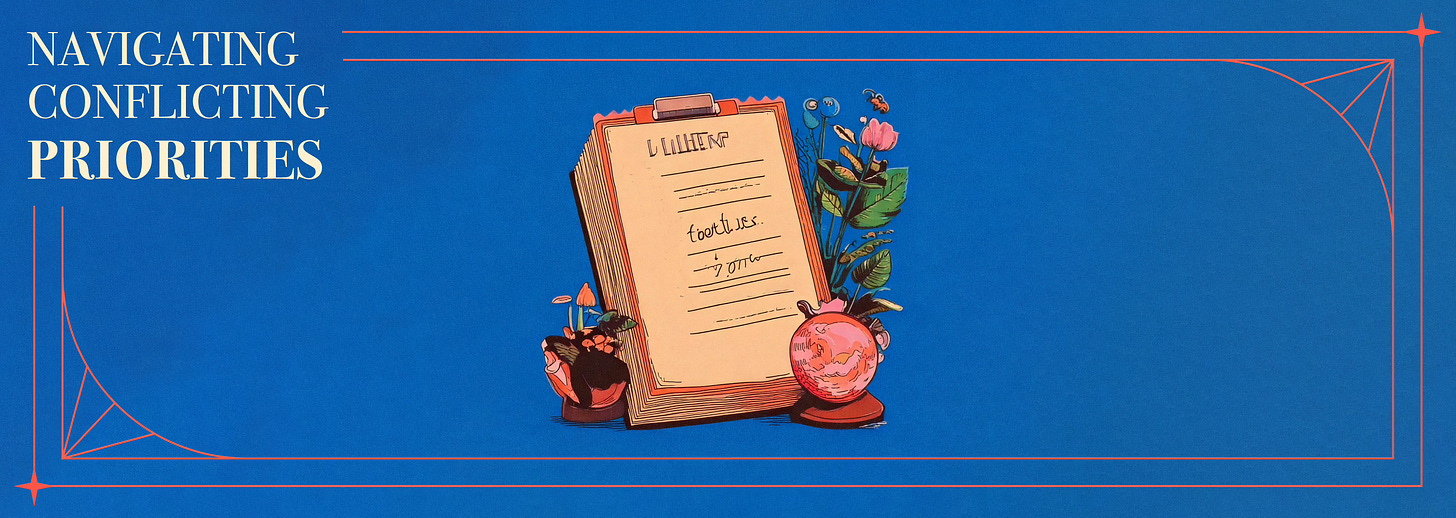
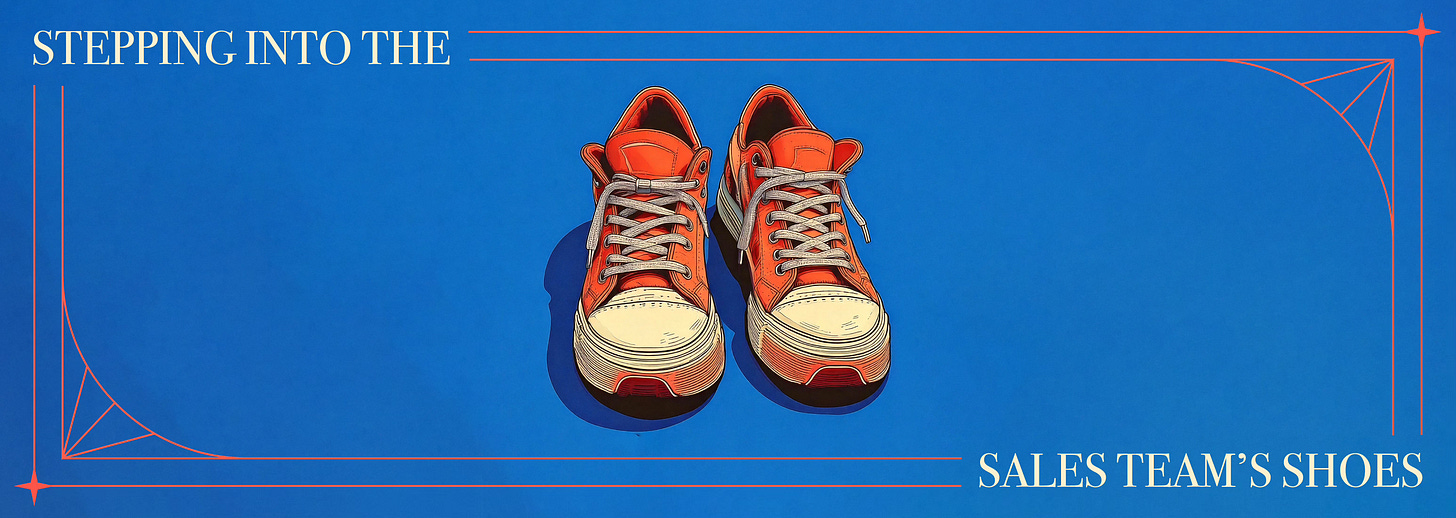
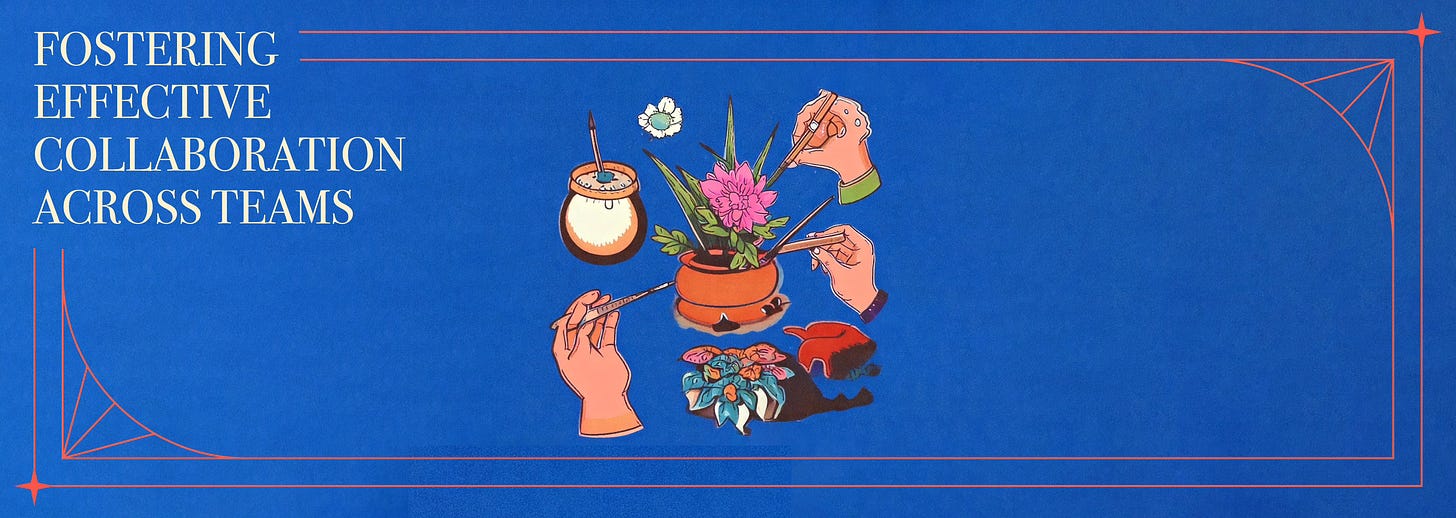
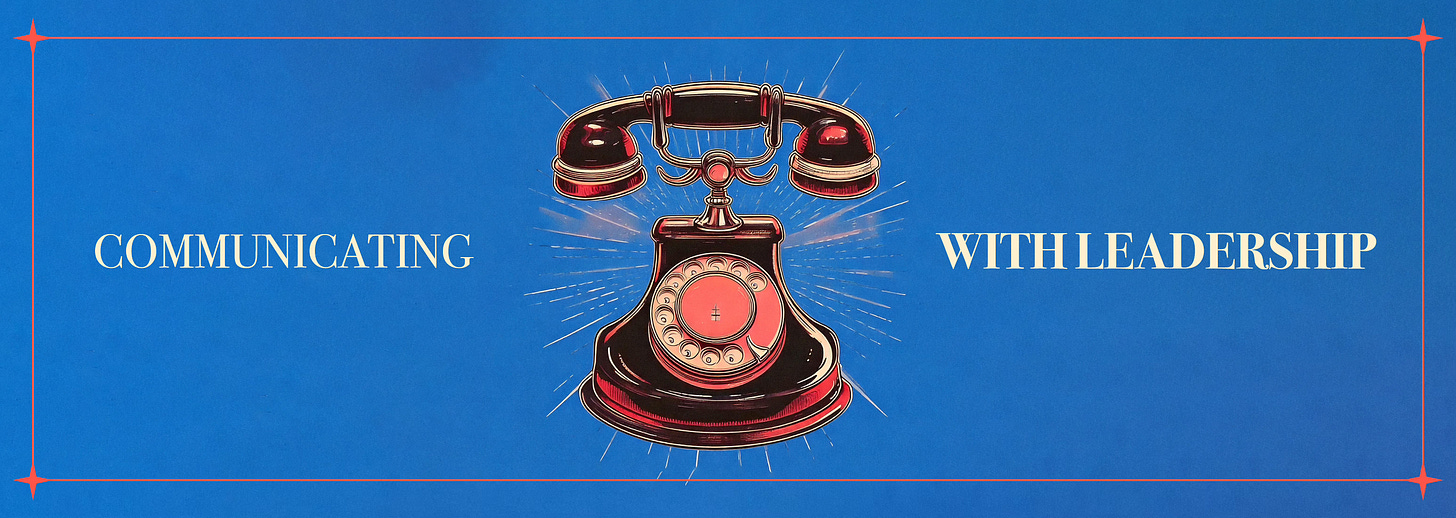




I’ll check out your Substack. I write about marketing also. Are you on Twitter ‘X’?
I agree with this premise! I think empathy and curiosity are 2 of the greatest traits when doing customer research interviews.